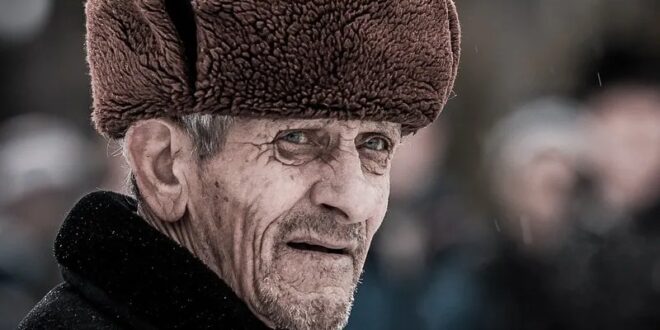When the Kremlin makes demands on them as in the case of its war in Ukraine, Russians have three options – submission, protest or flight, Natalya Zubarevich says. The vast majority submit, a small and declining number protest, and the big question is how many more will choose flight.
The regional economist at Moscow State University says that the second and third options are almost exclusively exercised by people in the cities, while the first, submission, is the overwhelming choice of those who live in rural areas because “the value of human life alas on the periphery is much lower” (dw.com/ru/ekspert-lgoty-i-vyplaty-za-pogibsih-na-vojne-v-rf-kak-anestezia/a-64387321).
Outside the cities, Zubarevich points out, people are poor; and the population is both attracted by the enormous sums the state promises men and their families who go to war and are generally prepared to accept the version of reality in Ukraine that is presented by Moscow television.
One can’t blame poor people for not reflecting deeply on what they are told, she continues. They live for today and do not have the time or the skills to conduct serious cause and effect analysis. Instead they are prepared to do what they are told because the state understands that they, unlike those in the cities, “live for today.”
“This of course is Russia’s misfortune; it is Russia’s problem,” Zubarevich says.
But poor people have yet another reason to accept the Kremlin’s version of events – the enormous sums they are offered if they support the war and take part in it. “The money they have been promised looks fantastic. They are in debt and life from paycheck to paycheck.” And it must be said, “they have a different attitude toward death: God gives and God takes away.”
Those Russians, better off and living in the cities, “need to be more understanding of the fact that when people are poor or very poor, they have different ideas about life.” Failure to understand that is the worst form of “Moscow snobbery,” the MGO economic geographer concludes.
 Eurasia Press & News
Eurasia Press & News




